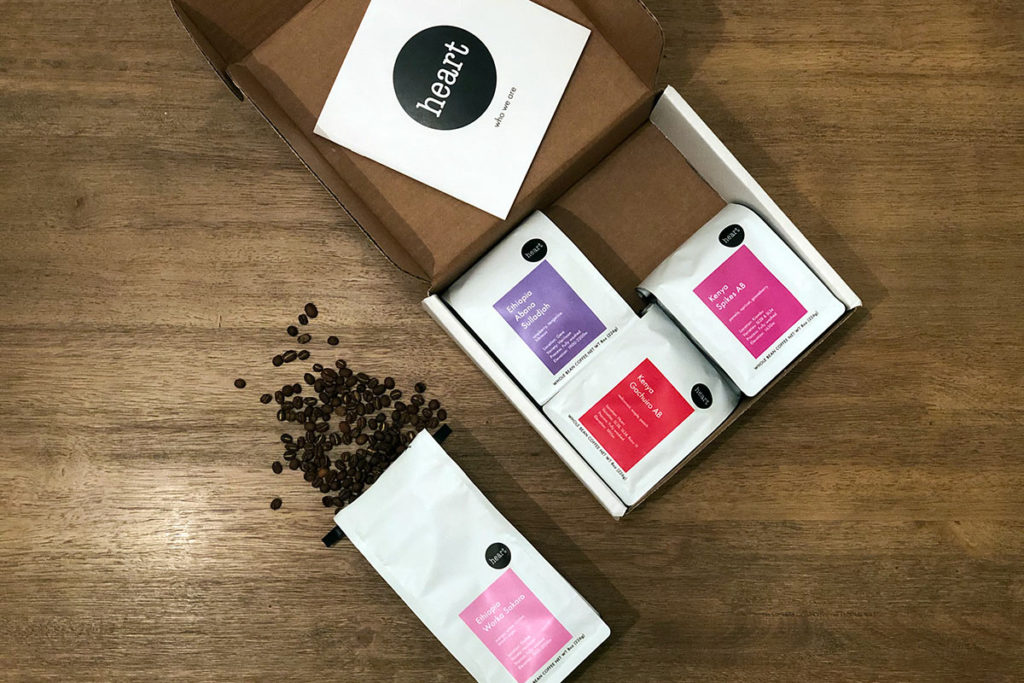

During this step, the water is refreshed to ensure proper agitation and washing is taking place.

Once the 24-hour fermentation is complete, the parchment is emptied into the washing channels, where it is agitated with rakes. This phase of fermentation is crucial, as the yeast and microbes are breaking down the sticky mucilage layer found on the outside of the seed following depulp.

After that phase is done, the coffee is fermented underwater for approximately 24 hours. They are then funneled to the penagos pulper, which removes the fruit from the seeds. The cherries are inspected, and an initial quick round of hand-sorting separates the defective coffees before placing them into the hopper. The washed process begins with coffee cherries delivered to the washing station, both from the primary market or from farmers bringing their coffee directly to the mill. More coops have sprung up over time, and they each contribute a unique character and have their own name recognition and renown. Once USAID’s Technoserve project, which focused on improving African coffee farmers’ lives by helping them get better prices for their coffee, established the Nano Challa washing station, we saw the unique character of their coffee and invested in developing relationships with its producers, which have grown stronger to this day. In 2009 when we first met the people behind the Nano Challa cooperatives, their coffees were flowing into the marketplace undifferentiated and undervalued. Part of the Kata Muduga cooperatives, Gore Dako is part of the larger Agaro region in Jimma, an area that has always formed a core part of the Red Fox menu with relationships extending back even further, over a decade. We’ve found the coffees have an exceptionally fruited character along the lines of candied citrus and honey, and although this is our first year working with Gore Dako (and their first year operating), we anticipate many gorgeous harvest to come. It’s location is ideal: found in southern end of Agaro Gera in the same forests that members from Kolla Bolcha and Biftu Gudina farm their coffees, this area is also very close to the border of Goma, home to Duromina and Hunda Oli. Gore Dako opened for its first harvest season this past fall, 2019.


 0 kommentar(er)
0 kommentar(er)
